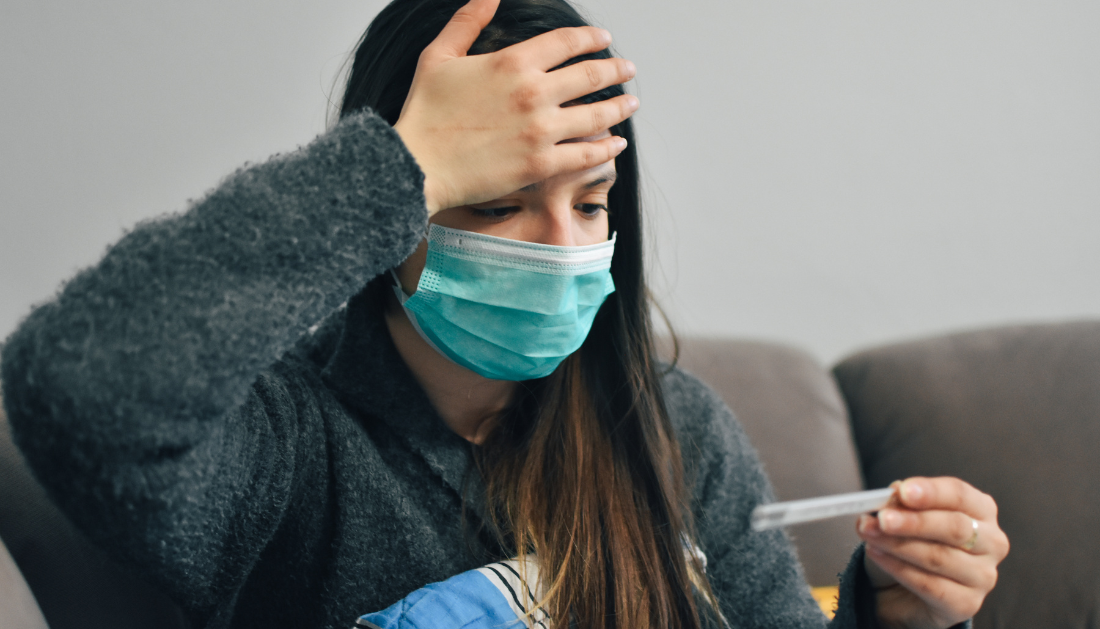

A new case series by UC San Francisco (UCSF) suggests that an extended course of Paxlovid may provide relief for certain patients suffering from long COVID symptoms. This finding contrasts with earlier clinical trials, which showed little to no benefit from the antiviral treatment. Researchers believe that more studies are needed to determine which patients are most likely to benefit and how long the medication should be administered.
Long COVID remains a significant public health concern, affecting approximately 17.6 million Americans, according to the Centers for Disease Control and Prevention (CDC). Symptoms range from brain fog, fatigue, and headaches to respiratory and cardiovascular issues. Despite years of research, there are still no federally approved treatments specifically for long COVID.
Published in Communications Medicine, the study highlights the variability in patient responses to Paxlovid. Researchers collaborated with members of the Patient-Led Research Collaborative, a group of individuals with long COVID who also conduct research. The team analyzed 13 patients who received Paxlovid for durations longer than the standard five-day course, observing a range of outcomes.
Out of the 13 participants, five experienced sustained symptom improvement, while others reported temporary relief or no change at all. For instance:
- A 56-year-old man experienced no improvement after a five-day course but reported significant cognitive and physical symptom relief after a 15-day treatment.
- Conversely, a 45-year-old woman saw a brief reprieve from symptoms after five days but experienced no improvement following a 15-day course.
These contrasting outcomes underscore the complex nature of long COVID. With over 200 recognized symptoms, diagnosing and treating the condition remains a significant challenge.
According to Dr. Michael Peluso, principal investigator of UCSF’s long COVID research program, understanding why some patients respond well to Paxlovid while others don’t is a critical question for advancing treatment strategies.
UCSF has also launched the world’s first long COVID tissue bank, aiming to uncover the biological mechanisms driving the condition. While extended Paxlovid treatment isn’t a universal solution, it represents a promising avenue for tailored therapy for those suffering from long COVID.
More Information: Communications Medicine (2025). DOI: 10.1038/s43856-024-00668-8.https://www.nature.com/articles/s43856-024-00668-8
more recommended stories
 CTNNB1 Syndrome Study Explores Beta-Catenin Defects
CTNNB1 Syndrome Study Explores Beta-Catenin DefectsKey Takeaways Researchers in Spain are.
 Tuberculosis Breakthrough with Experimental Antibiotics
Tuberculosis Breakthrough with Experimental AntibioticsKey Takeaways Experimental antibiotics disrupt a.
 National Healthy Longevity Trial Receives Federal Support
National Healthy Longevity Trial Receives Federal SupportKey Summary Up to $38 million.
 Red Blood Cells Improve Glucose Tolerance Under Hypoxia
Red Blood Cells Improve Glucose Tolerance Under HypoxiaKey Takeaways for Clinicians Chronic hypoxia.
 Nanoplastics in Brain Tissue and Neurological Risk
Nanoplastics in Brain Tissue and Neurological RiskKey Takeaways for HCPs Nanoplastics are.
 AI Predicts Chronic GVHD Risk After Stem Cell Transplant
AI Predicts Chronic GVHD Risk After Stem Cell TransplantKey Takeaways A new AI-driven tool,.
 Red Meat Consumption Linked to Higher Diabetes Odds
Red Meat Consumption Linked to Higher Diabetes OddsKey Takeaways Higher intake of total,.
 Pediatric Crohn’s Disease Microbial Signature Identified
Pediatric Crohn’s Disease Microbial Signature IdentifiedKey Points at a Glance NYU.
 Nanovaccine Design Boosts Immune Attack on HPV Tumors
Nanovaccine Design Boosts Immune Attack on HPV TumorsKey Highlights Reconfiguring peptide orientation significantly.
 High-Fat Diets Cause Damage to Metabolic Health
High-Fat Diets Cause Damage to Metabolic HealthKey Points Takeaways High-fat and ketogenic.

Leave a Comment